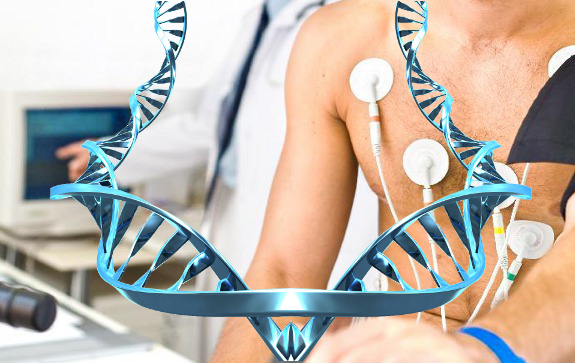100 People Give Bodies Totally to Science in Unprecedented 25-Year Study

 (NaturalSociety) Volunteering for a scientific study or clinical trial usually involves a few months and a very specific set of parameters. But in a near-future unprecedented study, 100 lives will be monitored around the clock for the next 25 years, tracking everything from diet and exercise to disease and organ health. The study will not only monitor how people age and change throughout life, but how they respond to information about their health shortcomings and changes.
(NaturalSociety) Volunteering for a scientific study or clinical trial usually involves a few months and a very specific set of parameters. But in a near-future unprecedented study, 100 lives will be monitored around the clock for the next 25 years, tracking everything from diet and exercise to disease and organ health. The study will not only monitor how people age and change throughout life, but how they respond to information about their health shortcomings and changes.
What’s unique about this study is there is no control group to compare the 100 participants to. Also, there is no blinding or randomization and the researchers will be interacting and influencing change among the participants throughout. It’s a study unlike any before.
All participants are healthy at the onset of the study, set to begin next month. It will track total health including the:
- Liver
- Lungs
- Brain
- Heart
- Colon and digestive health
- Lymphatic system
- Insulin sensitivity
- Bone health
The study will even include a whole-genome sequence and analysis of participants’ DNA for mutations or problems.
As Yahoo News reports, one example of how the study will work and how the researchers will influence health changes includes a man who realized he had osteoporosis at the young age of 35. The DNA analysis revealed he had a defect in a major calcium transporter, was thusly put on a calcium supplement, and monitored for changes. Five years later, he is in good health.
Not only will the study “actually follow the transition of the heart, brain, and liver from wellness to disease,” explained Leroy Hood of the Institute for Systems Biology (ISB), but the scientists will also be looking for “actionable opportunities for each individual,” that could help them improve their health over the duration.
An article in Nature says that each participant’s DNA will be sequenced at the beginning of the project and that throughout, “the study team will also examine epigenetics: methylation and other modifications to DNA that can reflect environmental exposures”
So what’s the goal of such an unusual and thorough study? According to Hood, it’s to identify problems through DNA sequencing and intensive testing and analysis and to respond to them before symptoms appear. It’s what he calls P4 medicine: predictive, preventative, personalized, and participatory.
At first blush, the study seems a positive move towards preventative wellness. But it’s easy to see how genome mapping could become the standard for preventative but far-from-private health—where doctors, insurance companies, and even the government may one day know more about your health than you do.

Well the one good thing about this is there won’t be another 25years.
Study Concluded.
I think its fascinating. We often here that things can change our DNA. Is it true? How does it change? Can it be reversed? There is so much we can learn from this study.